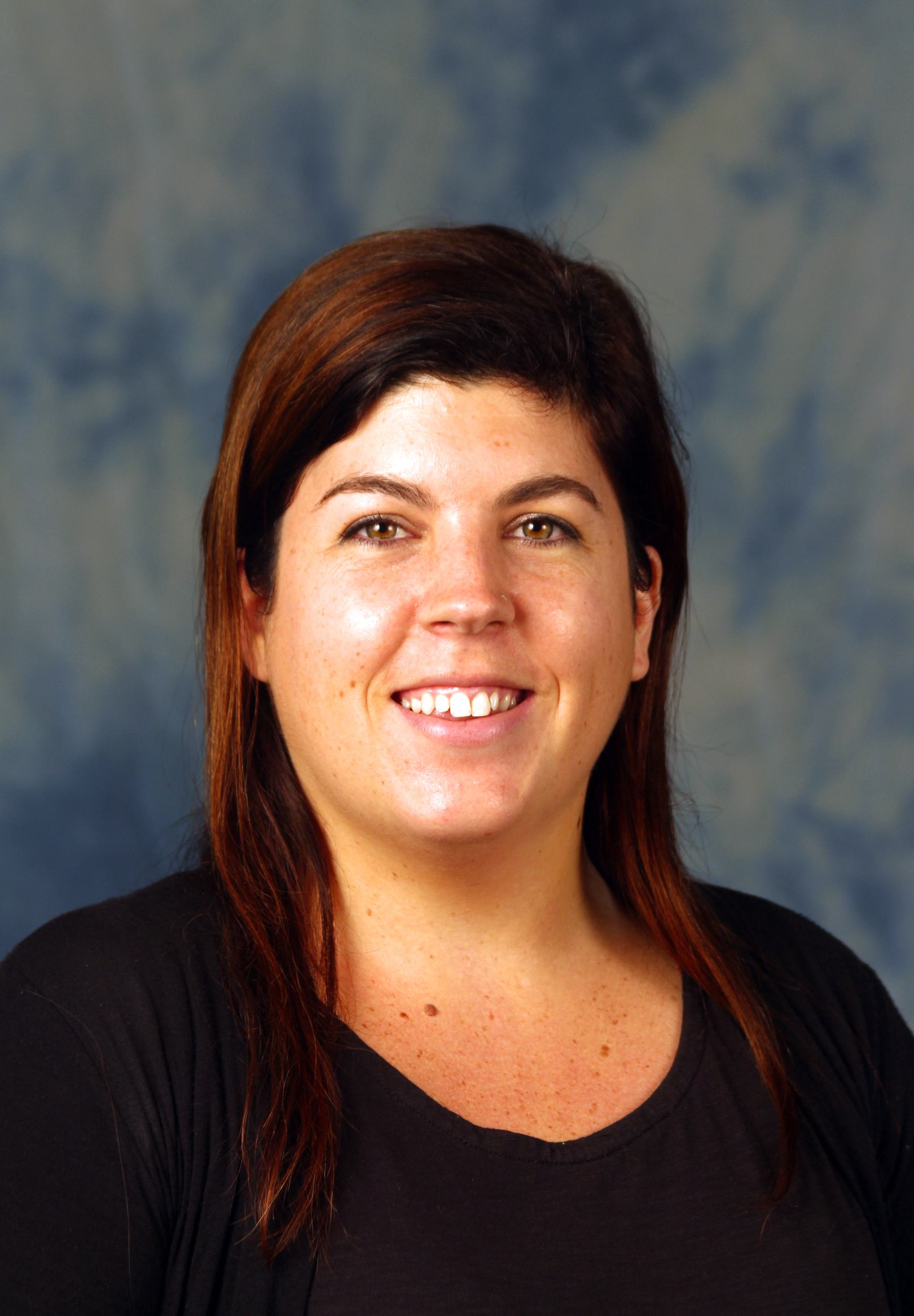N treatment in stormwater biofilters: Relationships between sequestered pollutants, environmental conditions, and N cycling soil bacteria

PHD DISSERTATION DEFENSE
Advisor: Patricia Holden
Committee: Arturo Keller, Josh Schimel
This defense will take place in person at Bren. Join in Bren Hall 2436/Dean's Conference Room (masks required) or watch online using this link and passcode stormwater
ABSTRACT
Urban stormwater runoff contains high levels of nitrogen (N) and other pollutants that may disrupt stream, lake or coastal ecosystems. To mitigate these disruptions, runoff can be captured and treated with stormwater biofilters. Yet, biofilters variably remove N, and sometimes N export as nitrate or trace gases could occur. Nitrate is formed through transformations that are mediated by N cycling bacteria, but these bacteria have been minimally studied. How N cycling bacteria interact with other contaminants that are retained in biofilter soils, such as metals, is also uncertain, and may be a concern for long-term sustainability. Further, due to a lack of studies performed in full-scale biofilters under intermittently wet and dry conditions, how N cycling bacteria respond to dynamic conditions is insufficiently understood. In my dissertation work, I address these knowledge gaps with a series of studies on field-scale biofilters and show that metal accumulation in soils is proportional to the ratio of impervious drainage area to biofilter area. Results also indicate that gene abundances of N cycling bacteria are influenced by soil properties and metal concentrations, with potential implications for N treatment outcomes. I also show that typical biofilter designs perform poorly to high N loading, behaving as persistent N sources in subsequent storms. I propose an alternate design consisting of a stormwater capture system, followed by a fast- and slow-draining cell, to improve N treatment and minimize N export.
BIO
Marina Feraud has a strong interest in the urban water environment, particularly nature-based approaches such as green stormwater infrastructure, that capture and treat runoff and minimize the pollutants entering streams, lakes and oceans. Prior to joining the PhD community, Marina earned a Chemical Engineering degree from the Buenos Aires Technological Institute, Argentina, and a Master’s degree in Environmental Science and Management from the Bren School, UCSB. She also worked in the pharmaceutical sector in the areas of Safety and Environment and Quality Assurance. During her PhD program, Marina has worked on projects evaluating the interactions between leaking sewers and shallow groundwater. As part of her doctoral research, she examines the relationships between nitrogen cycling bacteria, soil properties, and accumulated pollutants in soils of green stormwater infrastructure, and evaluates how nitrogen treatment outcomes are affected.